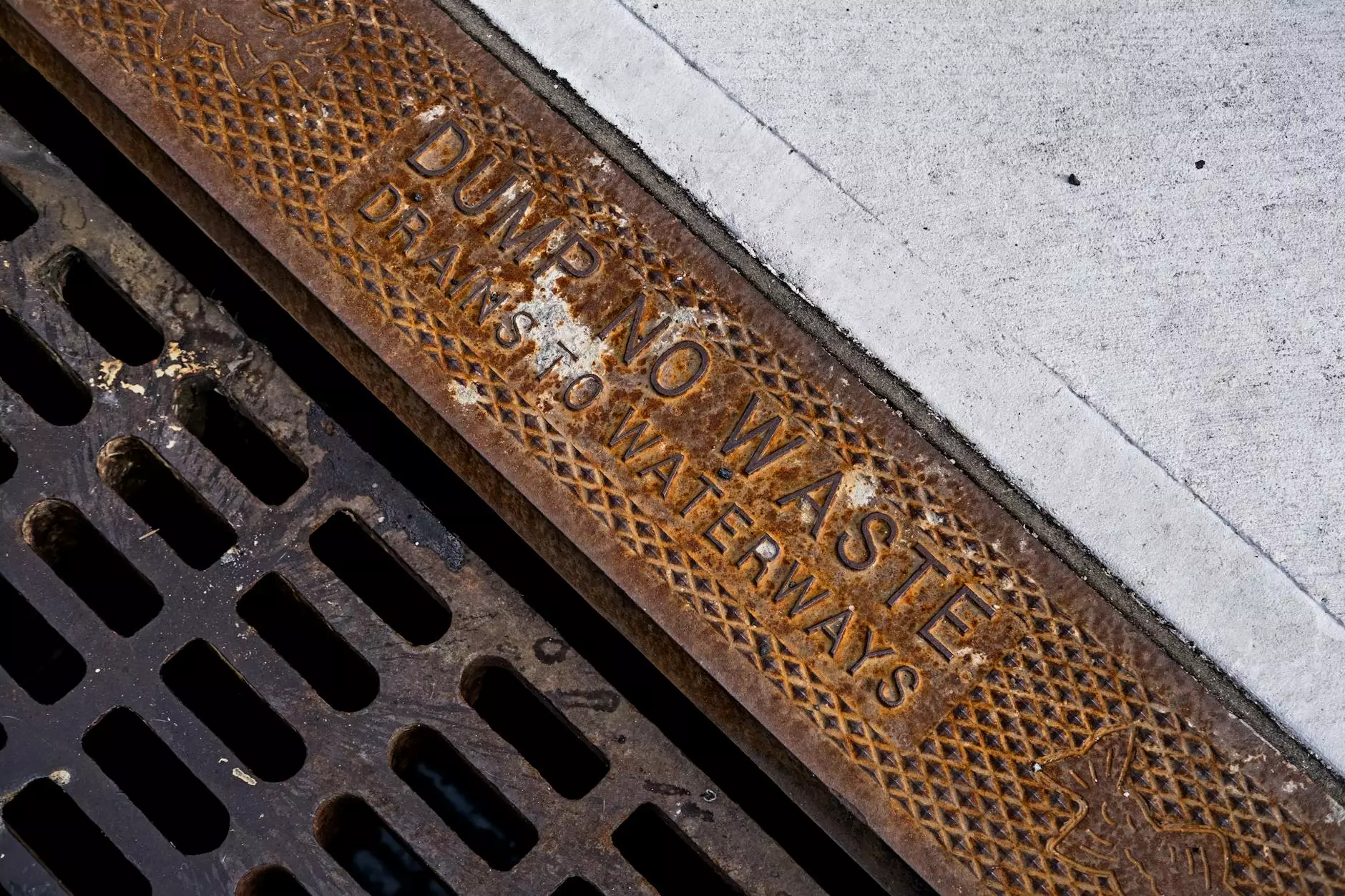The Rise and Implications of "Fake Money Euro Buy"

Understanding the Concept of Fake Money
The term fake money typically refers to counterfeit currency, which is illegal and unethical. The use of counterfeit money can have serious implications not only for individuals but also for the economy as a whole. In Europe, where the euro is the official currency for many countries, the consequences of fake currency can be particularly severe.
The Euro: A Brief Overview
The euro (€) is the official currency used by 19 of the 27 European Union countries, collectively known as the Eurozone. It was introduced to promote economic stability and integration among European nations. Understanding the euro's significance helps to contextualize the discussion surrounding fake money and the term fake money euro buy.
Key Features of the Euro
- Single Currency: Having one currency simplifies trade and investment across member states.
- Stability: The euro is designed to maintain economic stability for its users.
- Counterfeit Protection: The European Central Bank (ECB) has implemented advanced security features to combat counterfeiting.
The Implications of "Fake Money Euro Buy"
The phrase "fake money euro buy" raises several legal and ethical questions in the financial landscape. Individuals tempted to engage in activities involving counterfeit euros must be aware of the heavy legal repercussions they may face.
Legal Repercussions
Counterfeiting is considered a serious crime in many jurisdictions, including those using the euro. It can lead to imprisonment, hefty fines, and a permanent criminal record. Law enforcement agencies worldwide actively pursue counterfeiters, equipped with advanced technologies to detect and halt the circulation of fake money.
The Economic Impact of Counterfeit Currency
The circulation of counterfeit money can have a ripple effect on the economy. Below are some of the potential outcomes:
Impact on Businesses
Businesses faced with counterfeit money can suffer significant losses. When customers unknowingly use fake euros, merchants may bear the brunt of the financial loss:
- Loss of Revenue: Merchants losing money may increase prices to compensate.
- Trust Erosion: Frequent incidents of counterfeit currency can erode trust between consumers and businesses.
- Increased Operational Costs: Businesses may need to invest in technologies or training to combat counterfeiting.
Effect on the Economy
On a larger scale, counterfeit currency can lead to inflation and reduced monetary integrity, which undermine the financial system. The European economy, heavily reliant on the euro, could see detrimental effects due to widespread counterfeit operations.
Preventative Measures Against Counterfeiting
Recognizing the importance of protecting the euro from counterfeiting is essential. Here are several measures that are actively being implemented:
Counterfeit Detection Techniques
The ECB has mandated specific design features in euro banknotes that help in the quick detection of counterfeit currency:
- Watermarks: Genuine euro banknotes have watermarks that can be seen when held up to the light.
- Holograms: The use of holographic strips gives a distinctive appearance to banknotes.
- Color-Shifting Ink: Certain elements of the banknotes change color when tilted, further ensuring authenticity.
The Role of Financial Institutions
Financial institutions play a pivotal role in combating counterfeit currency. Banks and credit unions must adopt robust measures to detect and prevent the circulation of fake euros. These measures include:
Educating Customers
Education is key. Financial institutions should educate customers on how to recognize genuine euros and the potential risks associated with counterfeit currency.
Implementation of Security Systems
Institutions can implement advanced security measures, such as:
- Bill Validation Machines: These machines can quickly verify the authenticity of banknotes.
- Training Staff: Regular training sessions on detecting counterfeit currency should be mandatory for employees.
Ethical Financial Practices
Engaging in practices involving counterfeit bills not only poses legal risks but also ethical dilemmas. Financial advisors must advocate for transparency and legality in all monetary transactions. The phrase "fake money euro buy" serves as a cautionary reminder of the importance of ethical practices in finance.
Ethical Considerations for Businesses
Businesses, particularly in the financial sector, must uphold high ethical standards. A commitment to ethical practices builds trust with customers, secures business integrity, and fosters a positive economic environment.
Conclusion
As we've explored throughout this article, the concept of fake money euro buy is fraught with legal, ethical, and economic implications. Understanding the serious ramifications of counterfeit currency encourages individuals and businesses to engage in responsible and lawful financial activities. As we navigate a complex financial landscape, prioritizing authenticity and ethical practices will ensure a stable economic future for all parties involved.
Take Action: Stay Informed and Educated
In an era where information is abundant, consumers and businesses alike need to stay informed about the risks and implications of counterfeit currency. Engage with your local banks and credit unions, participate in educational programs, and stay vigilant against the potential dangers of fake money. Together, we can create a secure and prosperous financial environment.








